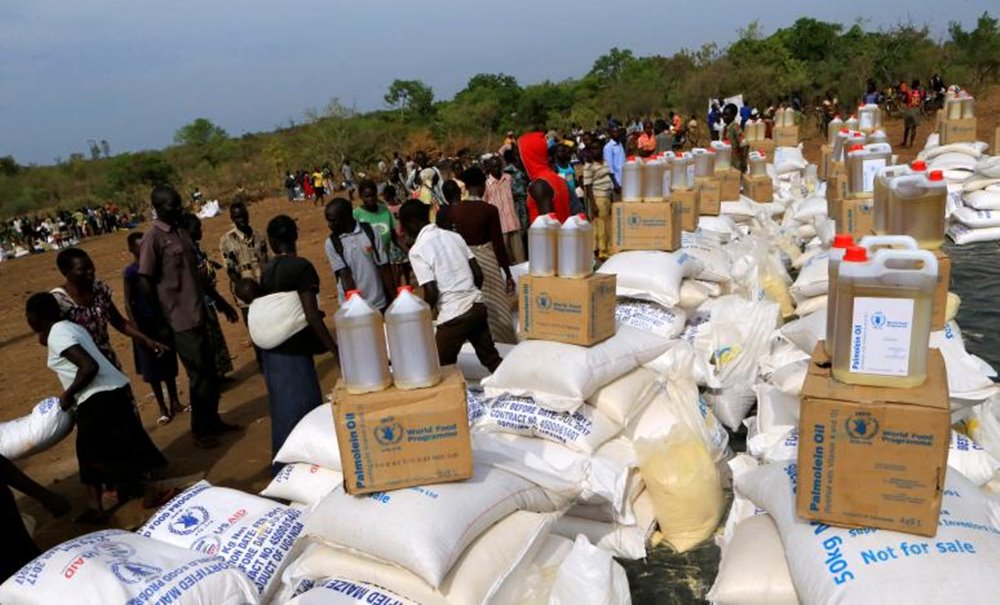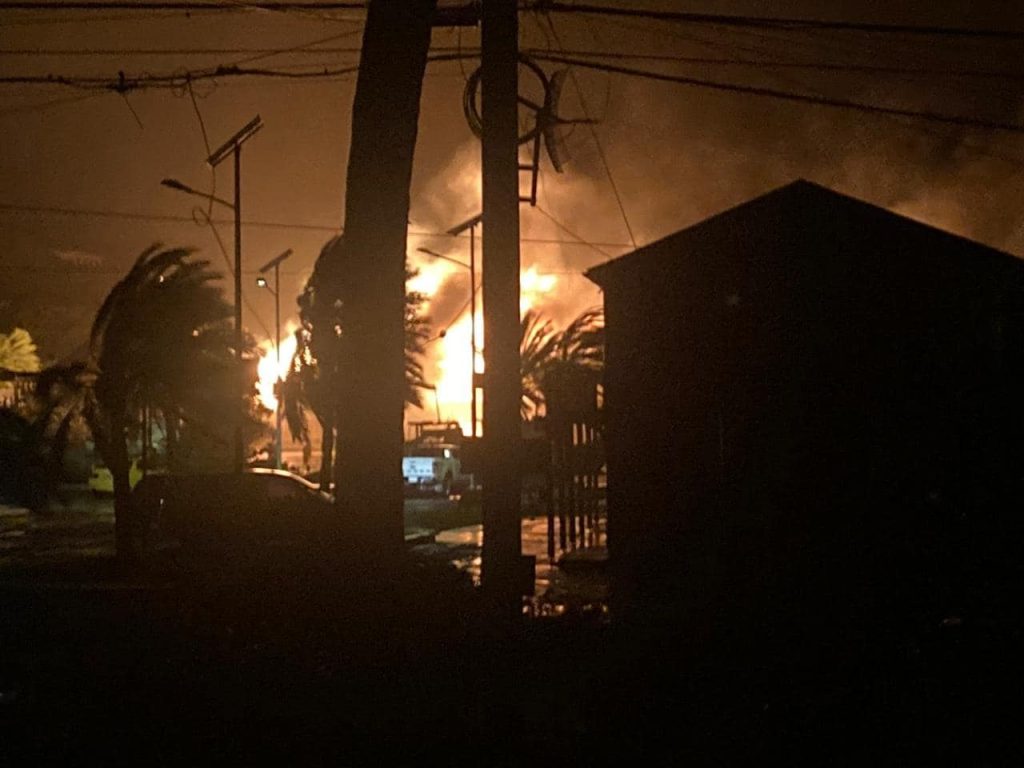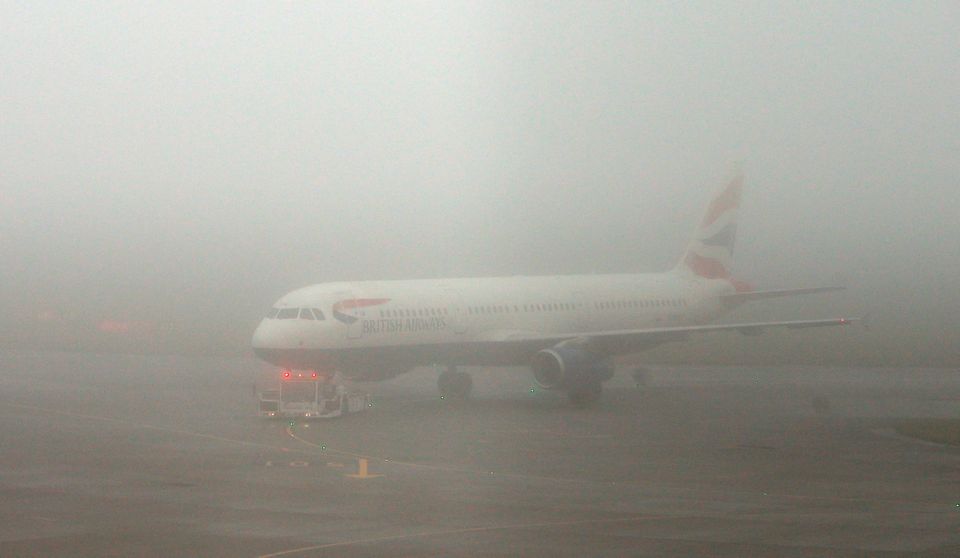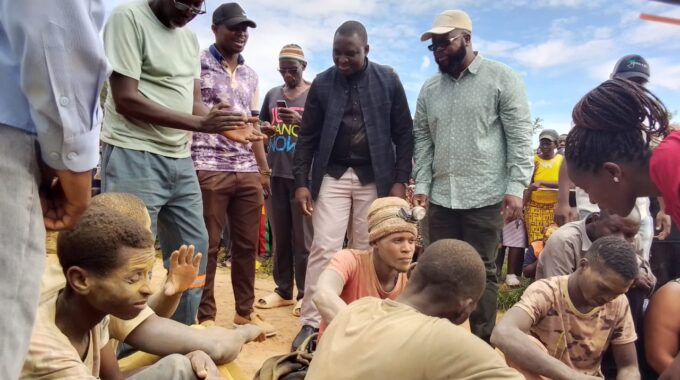Uganda’s refugee population is in a desperate struggle for survival as humanitarian aid cuts have severely impacted their access to food, according to the UN World Food Programme (WFP). The agency, facing a funding shortfall of over 60% for its global needs, was compelled to reduce food rations in Uganda from 70 to 30 percent in July of this year, focusing on providing for the most vulnerable. Unfortunately, further cuts are anticipated, intensifying the daily battle for refugees to put food on the table.
Uganda is home to the largest refugee population in Africa, hosting approximately 1.5 million refugees and 32,000 asylum seekers in 2022. The ongoing influx of refugees, particularly from the Democratic Republic of Congo and South Sudan, has stretched resources thin. The reduced food rations have become life-threatening for these vulnerable individuals and families.
In their struggle to survive, many refugees have turned to petty trade, selling their belongings, or engaging in criminal activities. Santo Asiimwe, a WFP staff member at the Nakivale settlement near the Tanzanian border, stated, “We are seeing some of them resorting to selling their household assets. They have a goat or a cup or even a radio or a phone, and they sell that.” This desperate situation is especially challenging for the approximately 70% of refugees in Nakivale who are mothers, desperately seeking ways to care for their children.
The consequences of reduced food aid are evident in rising malnutrition rates among children, with 7% of young children in Nakivale suffering from acute malnutrition. Additionally, host communities are becoming increasingly hostile towards refugees, with some accusing them of theft. Minister for Relief and Disaster Preparedness Hillary Onek recently acknowledged that “hunger is forcing [refugees] into criminality” and emphasized that the situation is unsustainable. Uganda has appealed to the global community for support.
The WFP is urgently calling for immediate intervention to prevent further deterioration of the situation. Santo Asiimwe stated, “If donor support is not mobilised within the shortest possible time, we are yet to see another human catastrophe. So, what is the level of human need that we are talking about? We are talking about 78-79 million U.S. dollars by 2024, February.”
In 2022, less than half of the required funding for Uganda’s refugee response was received, as reported by the Norwegian Refugee Council (NRC). Despite the international community’s recognition of Uganda’s “progressive refugee response” that emphasises self-reliance and integration, the current lack of funding raises concerns that the Ugandan government may have no choice but to scale down support for refugees.
The plight of Uganda’s refugee population underscores the urgent need for increased global support and funding to ensure the basic needs, safety, and well-being of those seeking refuge in the country. Immediate action is vital to prevent a deepening humanitarian crisis and to provide a lifeline for those most vulnerable among Uganda’s refugee population.









No comment yet, add your voice below!